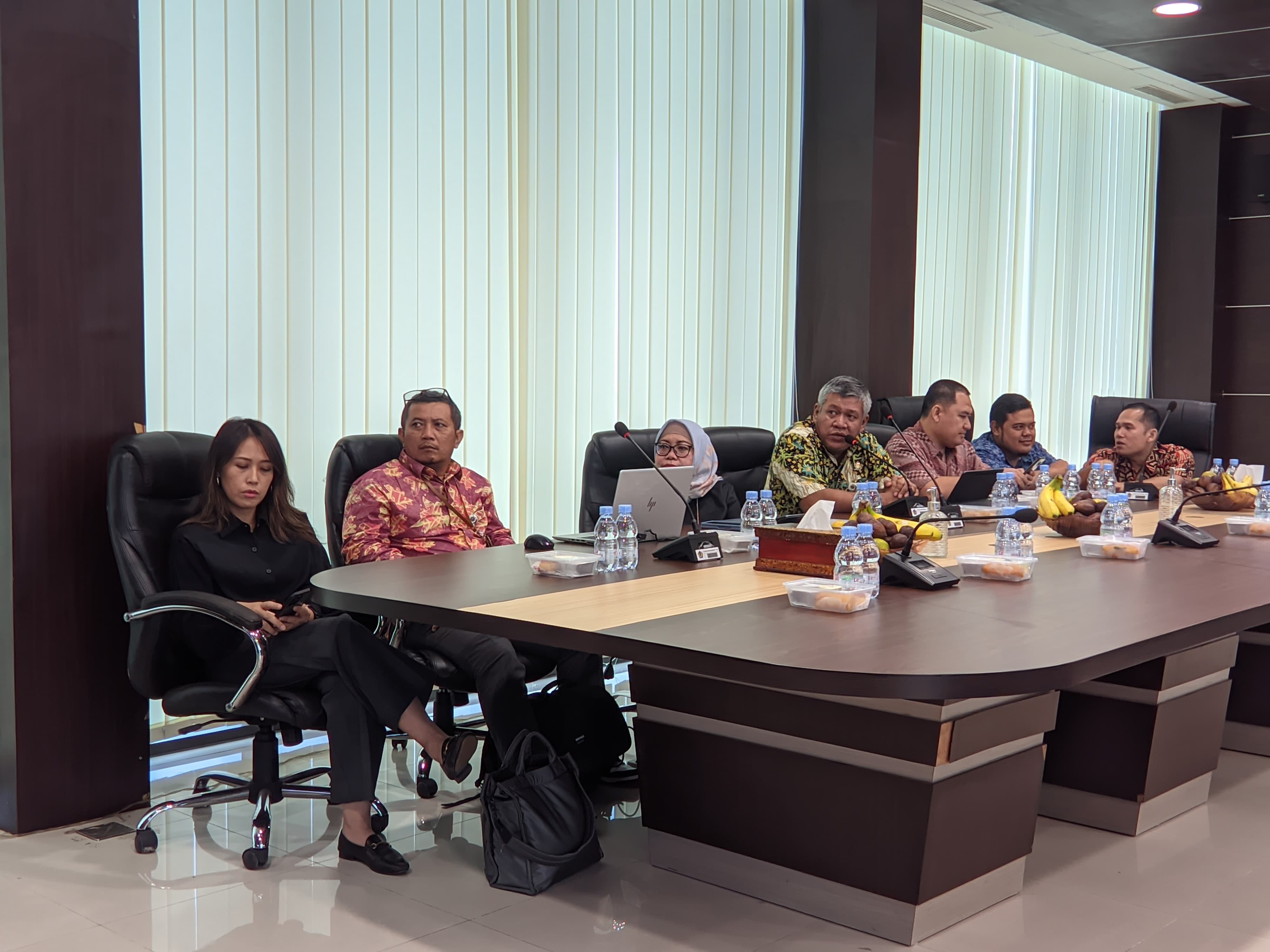General Secretariat Conducts Monitoring of Socialization of Non-ASN Employees, Discusses Tupoksi of Employees

In order to improve the efficiency and effectiveness of performance in the railway environment, the Secretary General of the Directorate General of Railways conducts monitoring and evaluation of the task arrangement of non-ASN employees at the Palembang Class II Railway Engineering Centre and the South Sumatra Light Railway Management Centre. This activity was conducted with the aim of ensuring that non-ASN staff can make the best possible contribution to supporting railway operations in the region.
This monitoring and evaluation activity was held on Friday 17, at the BTP Class II Palembang conference hall. The event was chaired by Yenessi Rosita, Head of Human Resources at the Directorate General of Railways. Together with the Human Resources Department, she assesses the extent to which the assignment of non-ASN employees has been carried out in accordance with applicable regulations and provides constructive input for future improvements.
In her presentation, Yenessi stated that the task assignment of non-ASN employees is one of the most important efforts to improve the professionalism and competence of human resources in the railway sector. We want to ensure that every employee, including non-ASN employees, can work optimally according to their capacity and competence. This will enable us to achieve the performance targets we have set ourselves,' he said.
Meanwhile, Palembang Class II Railway Engineering Centre Manager Jimmy Michael Gultom explained in detail the duties and functions of each non-ASN employee in the unit. Jimmy also shared some of the challenges faced in structuring the employees' tasks, such as the need for additional training and workload adjustments to match each employee's qualifications.
In another part, Haris Farizi, Head of Finance and General Subdivision of South Sumatra Light Railway Management Centre, gave a presentation on light rail operations and the important role of non-ASN employees in supporting smooth daily operations. He also said that synergy between ASN and non-ASN staff is needed to maintain the quality of service to the community.
The results of this monitoring and evaluation show that, in general, the division of labor of non-ASN staff in the two centers is working quite well. However, there are still some areas that require more attention, such as increasing competence through regular training, adjusting staff tupoks (main tasks and functions) according to the job description, and preparing more detailed Standard Operating Procedures (SOPs).
He emphasized that his office will continue to monitor the progress and implementation of the recommendations from this evaluation. We will ensure that any input given can be properly implemented. The ultimate goal of all this is to improve the quality of railway services in South Sumatra, which will ultimately have a positive impact on society,' he added.
Several important messages are expected to come out of this monitoring and evaluation activity. These include not appointing non-ASN personnel, not assigning financial tasks to non-ASN personnel, and regularly monitoring the duties, functions and performance of all employees.



Komentar
LOGIN FOR COMMENT Sign in with Google